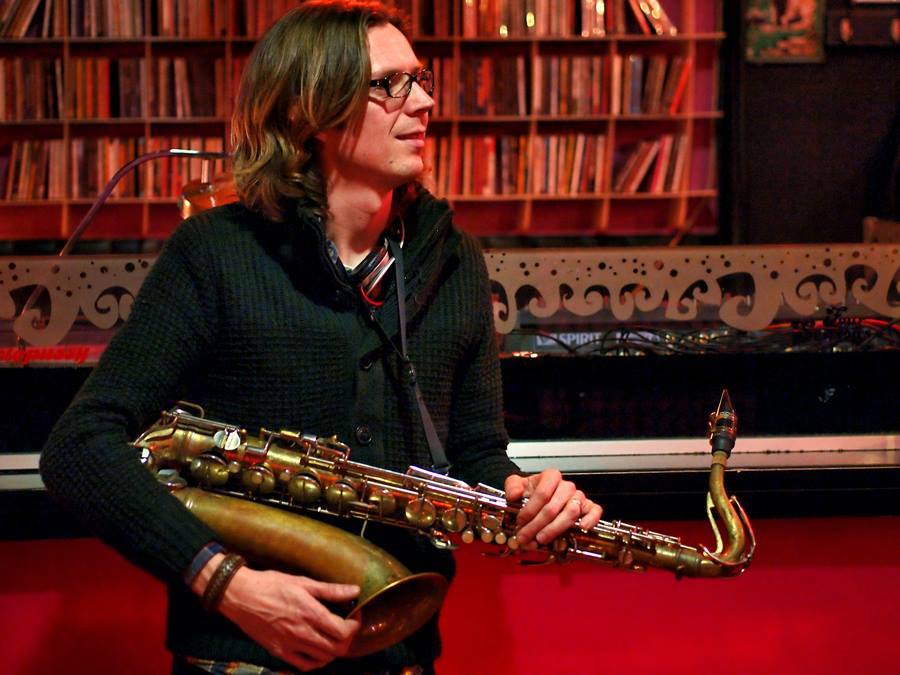
There have been many studies into why music is so important in the early years of children’s development. Helping to improve listening skills, motor functions, comprehension in language and numeracy. From professional and personal experience, I have seen that studying music helps to improve memory, build confidence and encourages children to socialise. As an early year’s music teacher there is a responsibility to teach these values and abilities, and to show the children the first steps within music education. As with any language, they must first learn the “words” and “vocabulary”. In respect to this way of thinking, my goal is to create a strong awareness of rhythm and space, and improved listening skills. Specifically, within classes, we will work positioned in a large circle where every child can see and hear every other child. Emphasis is placed on rhythmical games and activities whereby, even if a child is not playing an instrument or singing, must still be listening to their peers in order to continue within the game. For example, passing a simple clapped rhythm around the circle. This is often then further developed with the use of clapping/playing rhythmical patterns based on simple spoken sentences. “Let’s All Play Our Drum”, for example, where children must repeat the phrase and play or clap only on the word “drum”. Later on, when the words are played rather than spoken, a call and response pattern emerges through thinking of sentence rhythms and syllables. I have found that engaging children in fun, rhythmical activities and games (whilst at the same time using their language skills) greatly improves their listening skills. Which brings me to the importance of listening to “real” music.
Quite often as adults we forget to give early years children the opportunity to listen to high information music, or more complex forms of music. Nursery rhymes can often overshadow other musical forms due to the need to learn basic vocabulary. Yet when early years children are regularly exposed to more complex musical sounds (for example Mozart, Duke Ellington, Bach) this then becomes the norm. The complex music no longer sounds complex. When the children first heard traditional Indian music, it sounded strange Yet, after the third or fourth time listening, it wasn’t strange anymore. In conclusion, through rhythm and listening skills early years music at Caxton helps to improve children’s communication, confidence and patience, helping them to carry this on in all other aspects of their school life.
Simon Taylor, Music Teacher











Leave a Reply